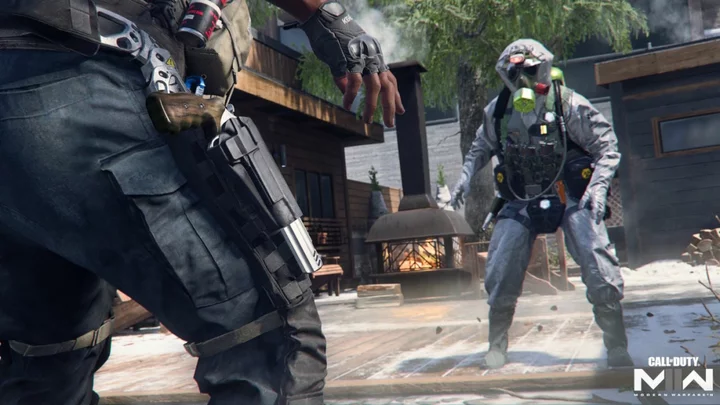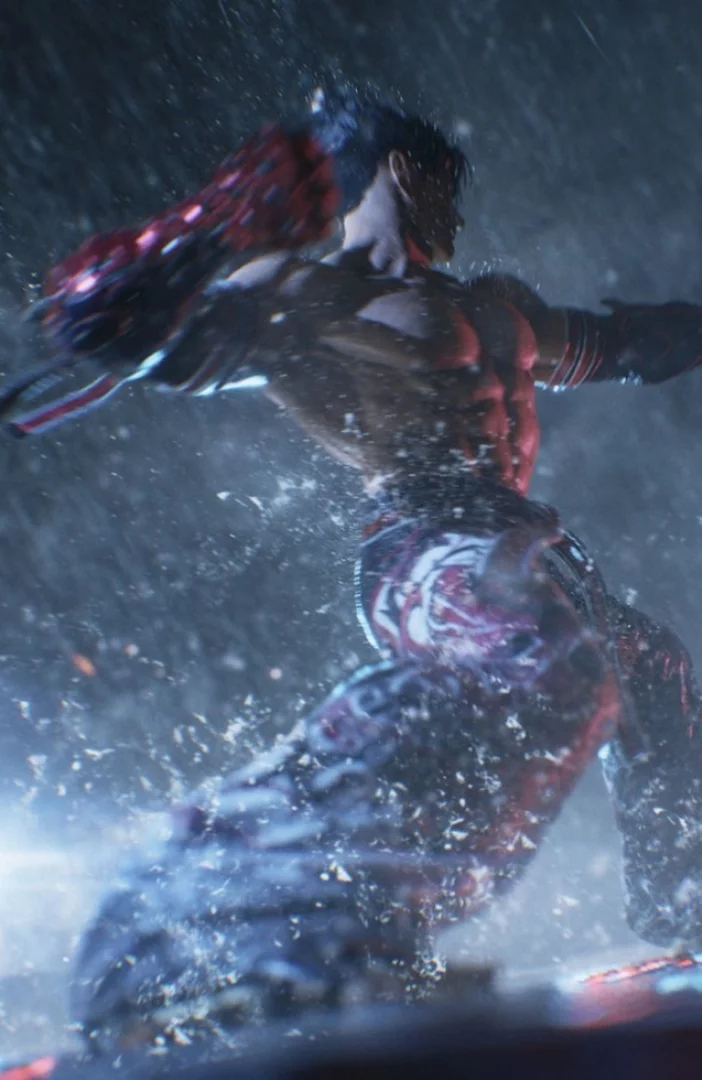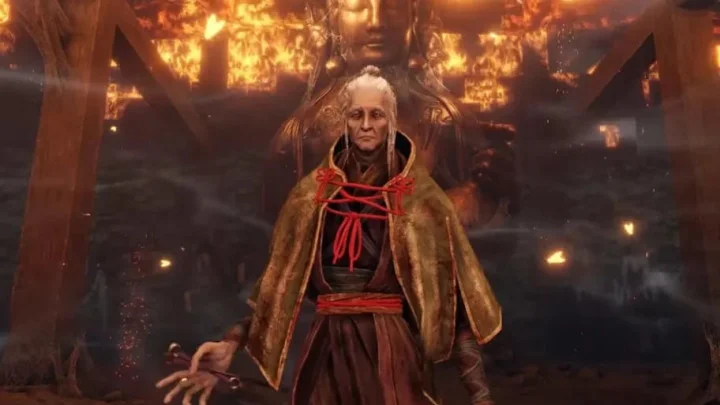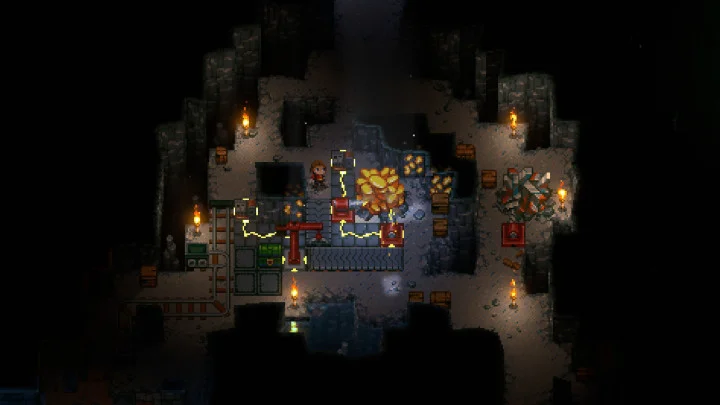The Call of Duty anti-cheat system is being upgraded once again to make cheaters hallucinate as they play.
Team Ricochet is a department within Activision focused on identifying and dealing with cheats in the Call of Duty games. In a blog post, the team detailed its latest mitigation technique against cheaters, which is called Hallucinations and involves adding decoy characters to the game.
Hallucinations rely on decoy characters being generated by cloning active users in a match. That way, the decoy acts realistically and produces all the same information as a real player, but only players tagged as verified cheats can see them. Interacting with one of these decoys will waste time and end in frustration for the cheater.
There's an additional benefit to using Hallucinations because they can be placed near players suspected of cheating. If any of those players interact with the decoy, it confirms they are using additional tools to gain an unfair advantage in the game and can be banned.
Team Ricochet also decided to remove one of the existing mitigation techniques called Quicksand. It would slow or freeze the movement of a cheater as well as changing their input settings occasionally. It worked well, but proved to be "visually jarring" for legitimate players and formed an unwelcome distraction to the gameplay.
Hallucinations are just the latest mitigation technique to roll out. You may remember last year Team Ricochet introduced a mitigation called Cloaking, which stopped cheaters seeing or hearing opposing players. Legitimate players can still see the cheater, though, making them a sitting duck on the battlefield.
Asus ROG Ally Hands-On: Can This Win 11 Gaming Handheld Top the Steam Deck?








